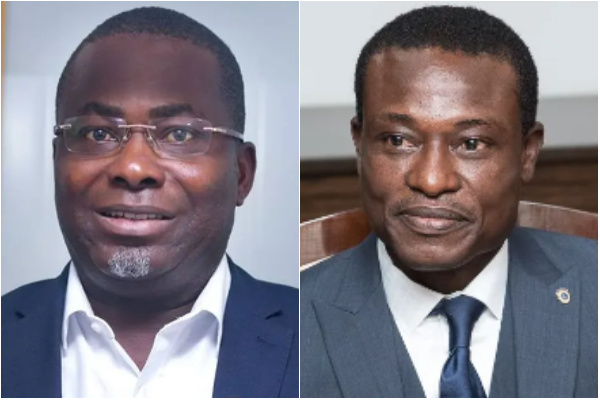The Office of the Special Prosecutor (OSP) has unintentionally become a focal point of ridicule during the high-profile case against Charles Bissue.
The trial, which initially held promise as a demonstration of the OSP’s commitment to combating corruption, has taken an unexpected twist, after the presiding judge, Justice Nicholas Mensah Abodakpi, of an Accra High Court (Human Rights Division), told the OSP that it is abusing it powers.
The judge, described as a scandalous deposition made by the OSP in its affidavit in answers to a human rights action filed by Charles Bissue, was the Secretary to the defunct Inter-Ministerial Committee against Illegal Mining (IMCIM).
During the proceedings, the judge pointed questions at Seth Ansong, the prosecutor from the OSP.
Justice Abodakpi inquired whether Ansong had read the court’s earlier ruling before including the contentious paragraphs in the affidavit.
Ansong’s response, “Not that I know of,” which further fueled the judge’s discontent.
“Before a formal hearing of this case paragraphs 21, 22 and 23 are struck out because they are scandalous,” Justice Abodakpi said.
He added that “the OSP has no appellate jurisdiction over the High Court. …Whatever powers you have, you have no appellate jurisdiction over the High Court.”
“You cannot remonstrate and castigate the court over decisions it has made,” Justice Abodakpi said.
“Do you have a copy of the ruling?” The Court asked.
But in his answer to the question, Seth Ansong, the Prosecutor from the OSP said, “Not that I know of.”
Expressing his dissatisfaction, Justice Abodakpi reminded the OSP that it holds no appellate jurisdiction over the High Court.
The judge also highlighted that the OSP cannot castigate or remonstrate the court over its decisions.


